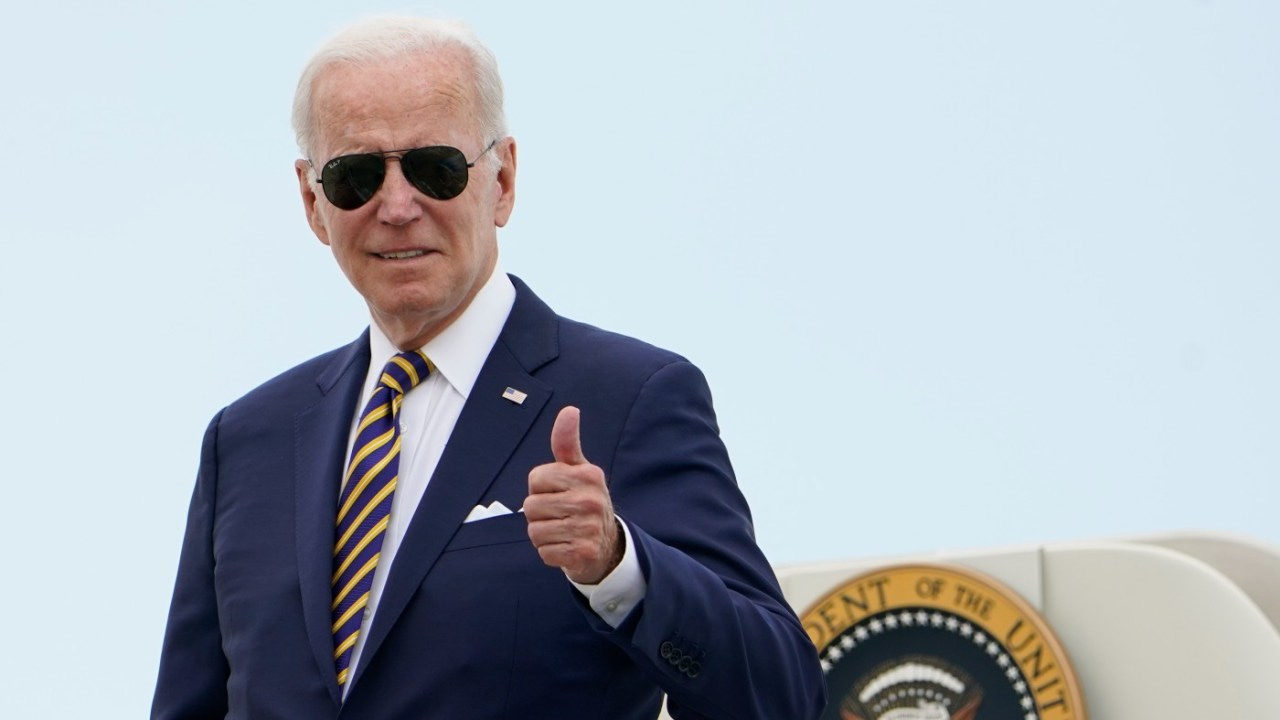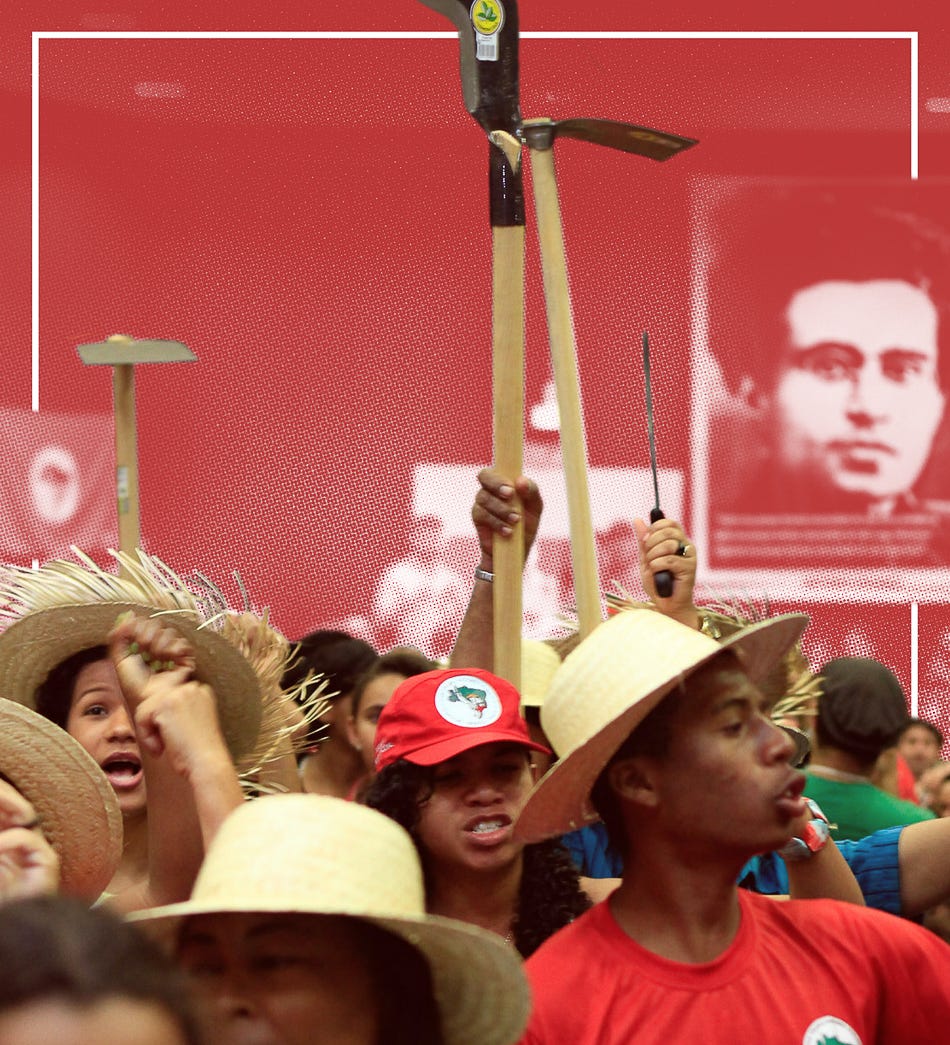Welcome to Future / Conditional
A Disillusioned Academic's Experiment in Writing Hopeful History
You know what? 2024 was a real fucker of a year.
Yeah. Personally, politically and professionally, as a historian, as a leftist and just as a person who would like the world to be a nicer place, it often felt like 2024 was doing its absolute best to screw me.
For a start, I began the year by finding out I had cancer. To be fair, as far as cancer can ever be ‘good,’ basal cell carcinoma is probably the best – it’s the most common of all cancers, the least aggressive skin cancer and rarely requires chemo or radio or other treatments. But I still needed two rather unpleasant surgeries and spent the spring looking after a pretty intense facial scar. With the cancer gone, 2024 then decided to see how many sinus infections my body could stack up in a single year, got England to the final of the Euros and then had us lose to a much more entertaining Spanish team, and delivered a final gesture of goodwill on New Year’s Eve with the sudden and unexpected death of my much-loved uncle Christopher.
Politically, too, it’s been hard not to feel like my team – Team Humanity? – is losing every time I look at the news. Trump, climate change, the rise of the far right across the globe and the utter inability – or downright refusal – of the liberal political order to do anything about it besides making it all worse.

I’ve watched genocide unfold in real-time in Gaza, been forced to accept that Mexico’s ‘leftist’ president is a massive dick and the truth commission he set up to investigate previous government atrocities was a damp squib (I mean, it’s literally called the ‘MEH’), not to mention the Tories finally being kicked out of UK office by the lamest Labour administration in about five decades… we’re living in more than just the ‘interesting times’ of the apocryphal Chinese curse: it’s actually hell out there for half of humanity, and pretty bloody depressing even for those of us looking on comfortably (or at least more safely) from afar.
Finally, I also had to face up to the likely impossibility of ever getting a stable job within UK academia. In some ways I still love history as a discipline, and I do feel like the Mexican Revolution, the War on Drugs and the modern history of Indigenous Latin America are interesting and important things to research and to write about. But I finished my doctorate almost a decade ago and have been on temporary contracts ever since, jumping from fixed-term postdocs and research fellowships to contingent teaching posts – and for what? So that I could spend the time and energy I had left after teaching and admin and looking after increasingly indebted and stressed-out students, writing articles and book chapters only a handful of other academic historians are ever going to read. One small cog in a vast machine for channelling public funding into the pockets of incredibly wealthy private publishers, via the free labour of a bunch of stoop-backed geeks eking out a precarious existence from contract to bloody teaching contract.
And the worst thing of all? That so few academics even seem to care! The senior faculty who snagged permanent posts back when being an academic was still prestigious have done nothing to stop the rot because they’ll be retiring soon anyway, with generous pensions they only got back from senior management because people like me spent much of the last few years manning pickets that many of them had no problem crossing. Even academics who spend their time researching and writing about revolutions and decolonisation and other ‘radical’ subjects can be intensely apathetic when it comes to such real-world struggles, as the silence of all too many of them on Gaza has also made sickeningly clear.
But… There is a but, right?
Well, what if there was a way of taking these negatives and, through some kind of intellectual alchemy, creating something positive?
That’s the basic idea behind Future / Conditional, an experiment in historical optimism which takes as its starting point my inability to not look away from what’s happening in the world, and my frustration at how little impact institutional academia has on any of it.
But rather than simply doomscrolling my way through other people’s reports of the terrible shit happening on this dying planet of ours, with Future / Conditional I’m going to use the skills I’ve acquired through my years of historical study to think through today’s news from the position of an imaginary future historian, in order to better analyse the present, and maybe even find reasons to hope that some of the grim things going on out there now might still lead to better things in the years to come.
The truth is that too many historians are boring, and too many journalists are historically illiterate. Future / Conditional tries to bridge what we might call the ‘knowledge/charisma gap’ in the form of weekly future-historical takes on whatever current events are currently living rent-free in my head. Expect a mix of thoughtful academic analysis, unabashed far-left provocation and cheerful speculation, with a side of existentialist sangfroid about the immensity of history and the ultimate smallness of our own little slice of it.

So… Life is Beautiful and Probably Meaningless?
Exactly. For all that 2024 repeatedly unleashed hell on the world (including the supremely dire Gladiator bloody II), it also brought with it plenty of reasons for hope. Personally speaking, I’ve got a new baby on the way, meaning that in 2024 I managed to bring new life into being. I also spent much of the year watching my first child grow from a toddler into wonderful, boisterous, sweet little kid. Having now watched Disney’s The Lion King with him approximately 500 times, I’m also learning to lean into the whole ‘circle of life’ thing. That’s right: hakuna fucking matata, we’re all gonna die, and you can either despair at that or embrace it and find relief in our own, ultimate irrelevance in the face of the infinite, uncaring immensity of a four-dimensional universe.

This does, of course, go against the grandstanding of those who would have us believe in the ‘end of history,’ as well as the more general (and less farcical) tendency of most humans to over-privilege the importance of the moment in which they live. A tendency made all the stronger as we move into a digital age of live-streamed war crimes and endlessly updated reports of unspeakable, high-tech horrors. The latter, I should add, are definitely really bad. I’ve got no time for Steven Pinker-style positivism: history doesn’t ever move in one single direction, far less a ‘good’ one. Nor do I have any faith in Silicon Valley-style techno-optimism: even if it hasn’t taken your job yet, AI’s definitely gonna try and kill you and everyone you love at some point in the relatively near future, and you’d be an idiot to think otherwise.
However, the duplicity of the machines and the absence of any linear progression towards utopia is no reason for (total) despair. Instead, there is comfort to be found in embracing the cyclical nature of history, which involves swings towards good as well as bad.
This means that losing is sometimes part of winning.
Approximately 98 years ago, the poet T.S. Eliot celebrated this fact, revealing himself to be politically prescient as well as ahead of the game when it came to the internet’s weird obsession with cats:
“We fight for lost causes because we know that our defeat and dismay may be the preface to our successors’ victory, though that victory itself will be temporary; we fight rather to keep something alive than in the expectation that anything will triumph.”
More recently, the excellent Rebecca Solnit makes a similar point in a tribute to the ‘radical optimism’ of David Graeber, the late, great anarchist anthropologist:
“Hope is a tricky business among intellectuals and activists. Cynicism, though it’s often inaccurate about both human nature and political possibilities, gives the appearance of sophistication; despair is often seen as sophisticated and worldly-wise while hopefulness is seen as naive, when the opposite is not infrequently true. Hope is risky; you can lose, and you often do, but the records show that if you try, sometimes you win.”
I guess it was Gramsci who summed up the whole thing best when he described his own political-moral philosophy as ‘pessimism of the intellect, optimism of the will.’
But Future / Conditional will try to use a novel historical perspective to find the odd reason for a bit more intellectual optimism, too.

What’s next, then?
Future / Conditional is all about remembering that although we live in the present, we’re already history. That means, from a future historian’s perspective, the present might look very different indeed. Hindsight is a powerful thing, after all! So how might trying to imagine even the greatest events unfolding in the ‘now’ as no more than footnotes in the long durée history of the world help us better understand the processes currently at work on it? How might seemingly endless defeats now still gave way to final victory for rebels and resistors in the future, as they have done so many times in the past? And what do we need to do to help push things in that hopeful direction?
In the Future (Conditionally), expect pieces on:
- how the Middle East now looks a lot like the Wild West 150 years ago, complete with Manifest Destiny, Greater Israel-style and the Palestinians as the new Apaches;
- how Biden and Harris represented the same ‘business as usual’ that’s been killing us slowly for decades; like frogs in a pot, many of us never really noticed, but now Trump’s victory has set the water to boil and we can either sit and become soup or try to jump;
- how Mexico and its diverse inhabitants have resisted US sabre-rattling in the past and what tried-and-tested tactics the country’s authorities, communities and individuals may now use to meet the threat of Trump head-on, side-on or even from behind;
- and why so many groups of people in Europe, Asia and the Americas have in the past opposed political movements that loudly claimed to want to ‘emancipate’ them, and the lessons of such histories for the contemporary left.
You can also expect plenty more besides on whatever the news of the week might be, as well as the odd piece of more standardly backwards-looking historical writing, highlighting moments in which the underdogs have won against the odds and incremental changes and small acts of resistance have opened the floodgates for massive transformations.
Sound like something you’d be into? Want to support my experiment in leftist intellectual optimism in an age of runaway capitalism, resurgent fascism and environmental breakdown?
Then sign up here – for the moment it’s all completely free!
And, of course, if you know someone else who might be down for the ride, please share Future / Conditional with them.


